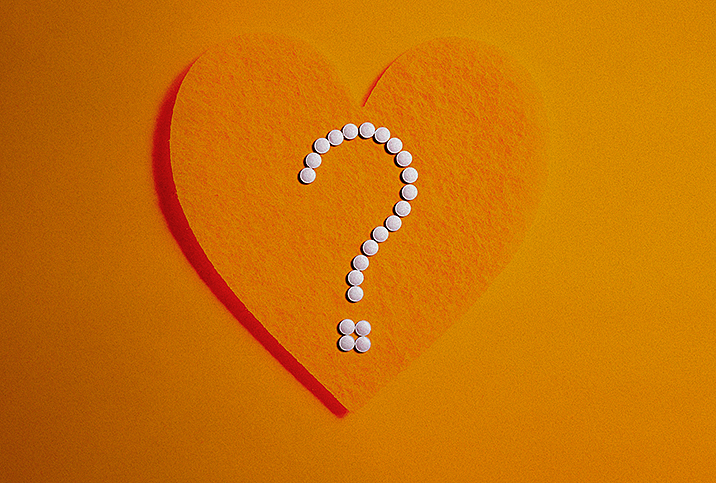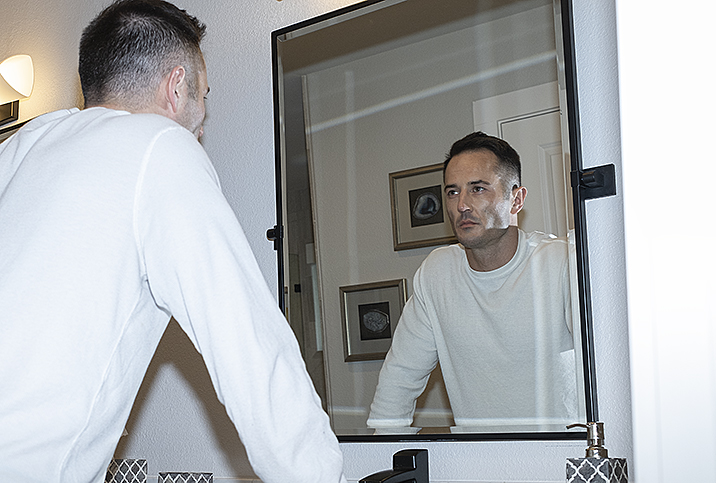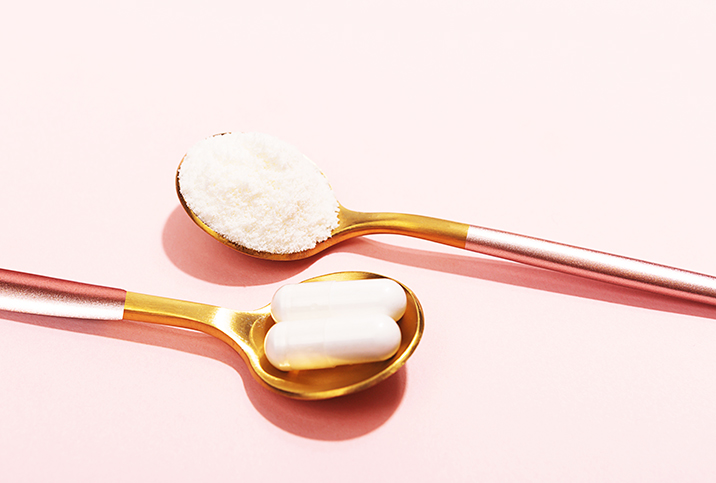Do ED Meds Harm Your Heart?

Erectile dysfunction (ED) is pretty much a misnomer if you ask Toby Kohler, M.D. He ought to know. Kohler, a professor of urology at the Mayo Clinic and also director of Men's Health for the clinic's hospital system, said that the ability to achieve and maintain an erection naturally falls off as men age, so this event is less a "dysfunction" and more a matter of being alive.
Basically, the older you are, the less likely you are to experience strong hard-ons.
The younger you are, however, the more likely that ED is a big, blinking danger signal for cardiac issues, according to work done by Mayo researchers that's since been replicated by multiple studies, including one published in 2012 in the American Heart Journal. "The penis is the most powerful predictor of heart disease we have," Kohler pointedly stressed, and if you're under age 60, the signs of ED are profoundly correlated with heart problems.
"The first thing we ought to tell men is to get a full cardiac baseline" rather than seeking a quick fix in a little blue pill, Kohler said, because addressing only ED and ignoring underlying cardiological disease leaves men open to a potential heart attack. “We should use the penis as a fulcrum to get patients to make lifestyle changes. Everybody knows that they should eat right and exercise but they don't." A lot of times, he said, those changes would help men with their ED and their hearts.
What if I still need ED meds?
Along with Kohler, Petar Bajic, M.D., a urologist at the Cleveland Clinic, also advocates for ditching habits such as a poor diet, minimal exercise and smoking, the latter of which can cause permanent vascular damage that will exacerbate potential ED, Bajic said. But to answer the lingering question as to whether you're doing yourself cardiac or vascular harm by using ED medications, the simple answer is no. Still, it's important to understand all the possible drug interactions.
If you've had a recent heart attack or major heart surgery, you should obviously consult your doctor before starting ED meds. However, the warning labels also apply to anyone who is taking meds for ongoing heart issues such as hypertension or high cholesterol, Bajic said, and adding ED meds to the list starts to make for a complex cocktail that your doctor should know about and manage.
The biggest danger is in taking ED meds and then having a heart attack, Bajic said. Not that one would cause the other, but that the class of drugs known as nitrates—which are primarily used to treat chest pain caused by narrowing arteries, commonly called angina—are also frequently prescribed to patients right after a cardiac event. Taken together, nitrates and ED meds "can cause a life-threatening drop in blood pressure," Bajic explained.
Giddy urologist Dr. Edwin Morales explains in depth how certain medications can cause erectile dysfunction. Watch the video here.
Bottom line: Talk to your doctor if you experience ED
Both Bajic and Kohler emphasized that erectile dysfunction may point to larger issues in your chest, not in your pants, and could signal a potential cardiac condition. But meds are rarely the first resort and should rarely be the end of the conversation.
If you don't have a doctor you see regularly, you should find one. Giddy telehealth can connect you with a healthcare professional who can answer your questions and evaluate your situation. The easy-to-use online portal provides access to hundreds of healthcare professionals whose expertise covers the full scope of medical care, including men's health. Physicians on the portal offer video visits, which are a good way to see a doctor for guys who might have reservations about an initial in-person conversation.
"We want to prevent early death from cardiac disease, and that still comes back to eating right, exercise, getting good sleep, and getting control of your stress," Kohler said. "We'll never be able to replace all of that with a pill."


















